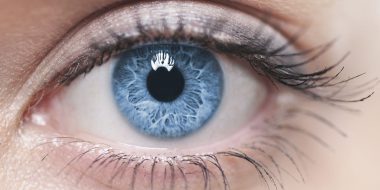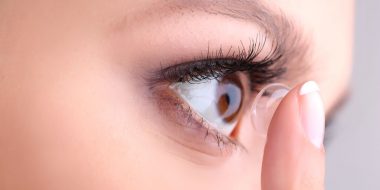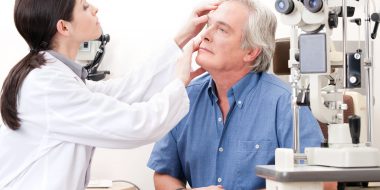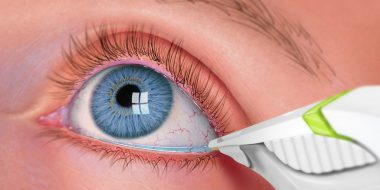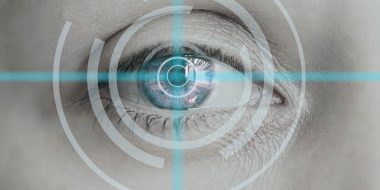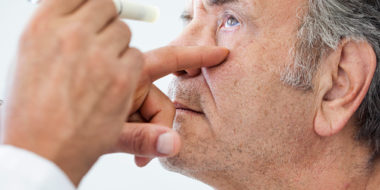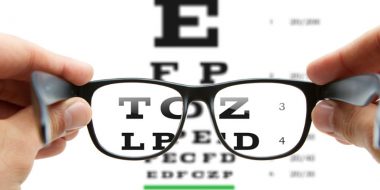Serving Siouxland since 2018.
Our Location
523 4th St, Sioux City, IA
Call Us
712-224-3937
Our Eye Services
Comprehensive Eye Exams
Comprehensive Eye Exams Regular eye care helps ensure a lifetime of clear, comfortable vision, as well as, ensuring the prescription is
Read More»Contact Lens Fittings
Contact Lens Fittings We offer all types of contact lenses (link to types of contact lenses) to improve vision. Nearsightedness,
Read More»Children’s Eye Exams
Children’s Eye Exams Many childhood vision problems have no symptoms, thus a thorough exam is crucial for detection and treatment. We
Read More»Primary Eye Care
Primary Eye Care Our practices are dedicated to taking care of your eyes. If you should ever notice anything unusual, such as redness,
Read More»“Pink Eye” Treatment
“Pink Eye” Treatment Pink eye (Conjunctivitis) is a condition when the eyes become red and irritated. Blurry vision, itchiness,
Read More»Lasik Co-Management
Lasik Co-Management Lasik is a surgical procedure to correct nearsightedness, farsightedness, and astigmatism. Our doctors co-manage
Read More»Cataract Co-Management
Cataract Co-Management Cataract surgery is recommended when the natural lens of the eye becomes too cloudy to see clearly. During
Read More»Custom Frame and Lens Selection and Fitting
Custom Frame and Lens Selection and Fitting Our office prides itself on helping you select the frames and lenses that are right for you
Read More»Meet Dr. Hedquist
Why Choose Us?
We Have the Best Professional Team to Care for Your Eyes
- I have dry eyes. Can I still wear contacts?Dry eyes can make wearing contact lenses more difficult. However newer lenses utilize better materials which remain moist much longer than older technologies. Newer contact lens cleaning solutions also play a role in contact lens related dry eyes. Often it is necessary to treat dry eye disease before contact lenses may be worn comfortably. Such treatments may include OTC eye drops, prescription eye drops, punctal plugs to name a few.
- Do they make contact lenses for people that need bifocals or have astigmatism?Absolutely. Almost anyone can wear contact lenses successfully. There are multi-focal contact lenses that help people see near, far and everything between. There are astigmatism correcting lenses to make images crisp and vision clear. Newer materials also provide better comfort and clearer vision.
- What are signs of cataracts?Everyone will develop cataracts. Cataracts typically do not affect vision when they are mild, however as they progress the vision becomes reduced. Glare while driving at night or the need for better lighting while reading are the most common symptoms. Cataracts can be treated with surgery and in addition to improving vision, many people no longer need to use glasses or become much less dependent on glasses.
- What makes a person a good candidate for Lasik?Lasik is a great option for someone who chooses to be free from glasses or contact lenses. There are multiple options and types of "lasik" . Our doctors can help you decide if lasik makes sense for you based on your unique prescription and lifestyle. We work directly with lasik surgeons ensuring that you receive the best care and make the best decisions for your vision correction surgery.
- What is Macular Degeneration?Macular Degeneration is the most common cause of significant vision loss of Americans over the age of 55. Macular Degeneration causes a reduction in central vision, progressing to blindness in the central part vision. There are multiple types of macular degeneration and depending on the type; there are options to slow the progression. It is also important to note that family history, among others, is a strong risk factor for macular degeneration. It is recommended to have an annual eye exam, especially if there is a family history of any eye disease, including macular degeneration. Most eye problems may be reduced if they are caught early even before vision loss may be noticed.
- Why do we recommend polarized UV sunglasses?Polarized lenses reduce blinding glare. Sun glare causes a significant number of car accidents each year. If a car is driving into the sun, the driver may not react as quickly if a child runs into the street. There can be even more glare when the roads are wet or covered in snow. Polarized lenses reduce squinting, reducing wrinkles. Ultra-violet (UV) light can contribute to cataract formation, macular degeneration, pterygium, pingueculae, and ever eye cancers. Whether its driving in the snow, going fishing, hitting a golf ball, or laying on the beach, our opticians can recommend the pair that is right for you.


